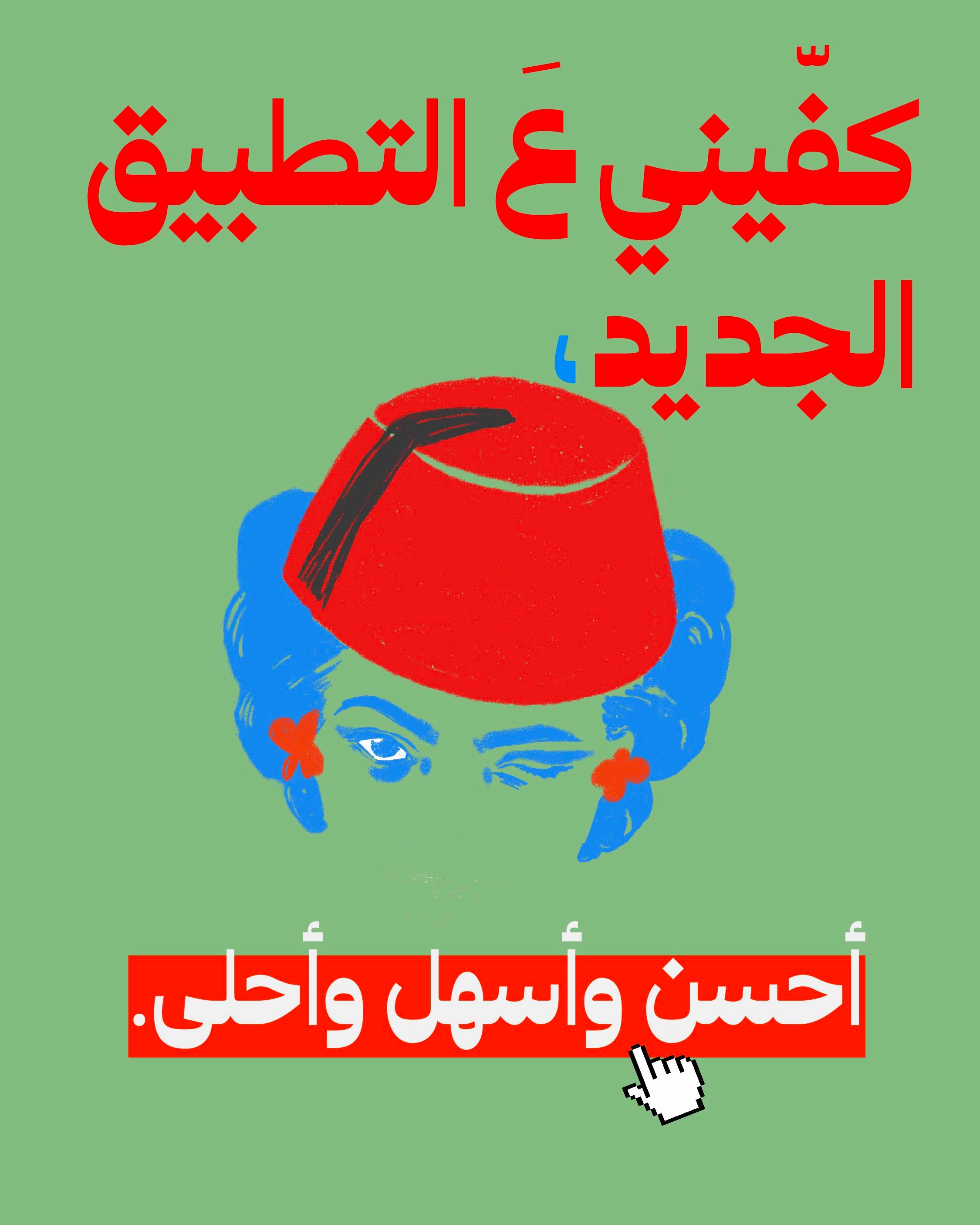“But then came Syria, and my hypocrisy and the fragility of those ideals became exposed,” wrote Palestinian activist Budour Hassan in her latest brilliant piece entitled “how the Syrian Revolution has transformed me”.
For those familiar with the situation in Syria, and in particular with the Left’s reaction to the uprising, Hassan’s open apology is a truly powerful one. The Syrian revolution exposed a lot of inconvenient facts about much of the Western and Arab Left.
There is a lot to unpack here and a single article would not do it justice. Here, I wish to address a certain aspect of the Syrian crisis, namely what ‘we’ can do to address it in our own ways. The truth of the matter is that many of us can identify with Hassan and her initial hesitation to support the Syrian revolution.
Solidarity and support were replaced by attempts to justify the unjustifiable by upholding whatever geopolitical ‘positions’ happen to suit us, and prioritizing our immediate concerns rather than the concerns of those on the ground.
Two years ago, Pulse Media identified the 3 common types of ‘Leftist’ responses to the Syrian uprising and its subsequent militarization:
- Explicit support for the Assad regime
- Monochrome opposition to Western intervention, end of discussion (with either implicit or explicit neutrality on the conflict itself)
- General silence caused by deep confusion
رصيف22 منظمة غير ربحية. الأموال التي نجمعها من ناس رصيف، والتمويل المؤسسي، يذهبان مباشرةً إلى دعم عملنا الصحافي. نحن لا نحصل على تمويل من الشركات الكبرى، أو تمويل سياسي، ولا ننشر محتوى مدفوعاً.
لدعم صحافتنا المعنية بالشأن العام أولاً، ولتبقى صفحاتنا متاحةً لكل القرّاء، انقر هنا.

